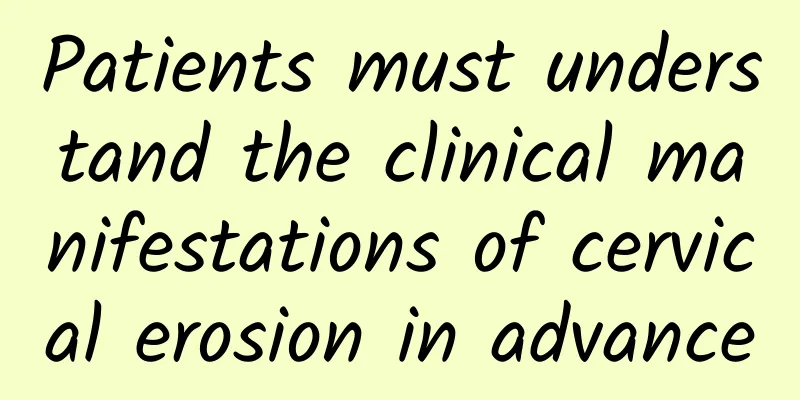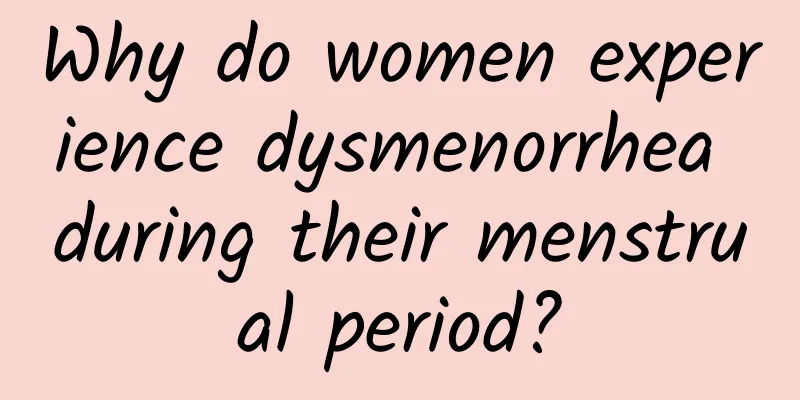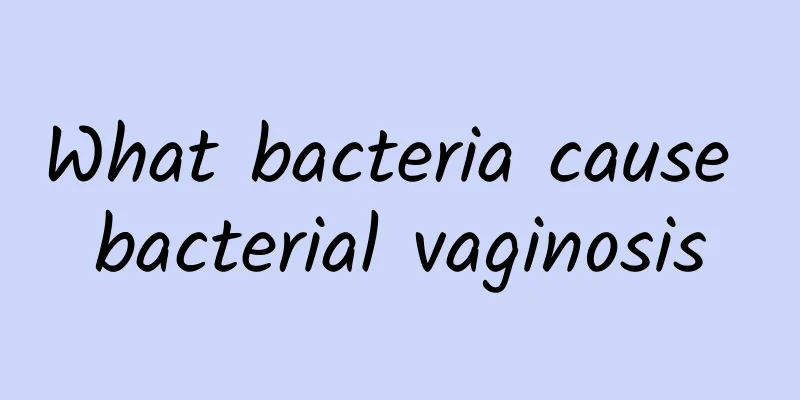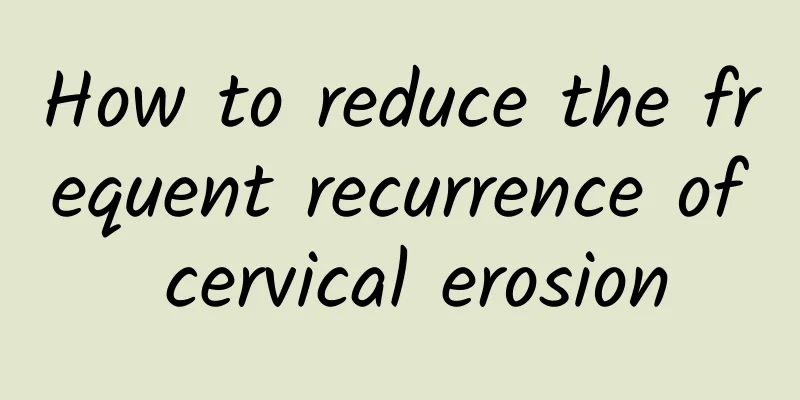Indications for various abortion methods
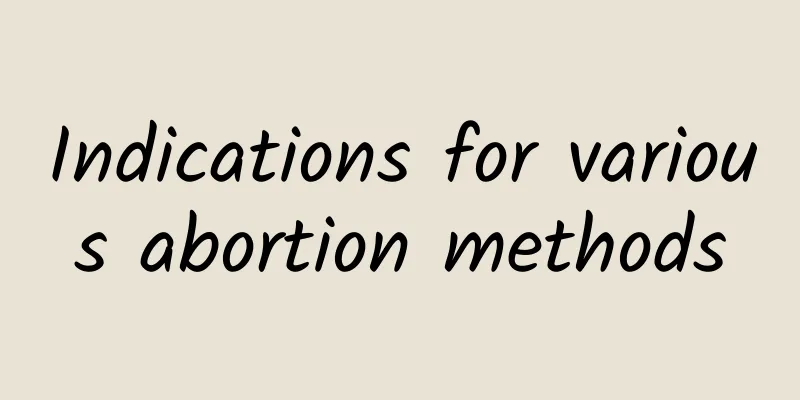
|
Artificial abortion, also known as flow, is a last resort remedial measure taken by women when contraception fails. There are many methods, including medical abortion, vacuum aspiration, and forceps curettage, etc. Each method has its own characteristics, and their respective indications include the following: 1. Medical abortion Medical abortion refers to the method of using drugs to terminate early pregnancy. Currently, the commonly used drugs in clinical practice are: mifepristone combined with misoprostol. This method is suitable for healthy women of childbearing age who have normal intrauterine pregnancy, gestational age of more than 7 weeks, and voluntarily request termination of pregnancy; high-risk abortion subjects and those who are afraid or concerned about surgical abortion. During the medication process, patients may experience symptoms such as nausea, vomiting, and abdominal pain; some patients have heavy vaginal bleeding and prolonged bleeding, so the patient's condition should be closely observed after taking the medicine. 2. Ordinary abortion It refers to the termination of pregnancy by surgical method within 3 months of pregnancy, including vacuum aspiration and forceps curettage. Among them, vacuum aspiration is suitable for those who wish to terminate pregnancy within 10 weeks of pregnancy without contraindications; and those who are not suitable to continue the pregnancy due to certain diseases within 10 weeks of pregnancy. Curettage is suitable for those who wish to terminate pregnancy within 10 to 14 weeks of pregnancy without contraindications; or those who are not suitable for continuing the pregnancy due to certain diseases (including genetic diseases); or those who have failed other abortion methods. Complications such as uterine perforation, bleeding, incomplete aspiration, missed aspiration, and amniotic fluid embolism may occur during and after artificial abortion, and attention should be paid. |
<<: What are the drugs for abortion?
>>: Changes of cervix after microwave treatment of cervical erosion
Recommend
Are multiple ovarian cysts serious? How should they be treated?
Are multiple ovarian cysts serious? How should th...
What does perimenopausal syndrome mean?
Perimenopausal syndrome refers to a series of sym...
Is ovarian cyst serious? What are the main symptoms?
Ovarian cysts are a type of ovarian tumor in a br...
Women must always take precautions against cervical erosion
In recent years, with the increasing incidence of...
How to choose a regular hospital for endometrial tuberculosis
Endometrial tuberculosis is a sexually transmitte...
What to eat after removing uterine fibroids? What to eat after removing uterine fibroids?
What is the best thing to eat after removing uter...
Losing weight is not just about weight, it is about reducing body fat
To lose body fat, don’t just focus on weight! Doc...
What are the symptoms of threatened miscarriage?
Threatened abortion is something that many pregna...
Experts explain in detail the symptoms of irregular menstruation
Among gynecological diseases and after various gy...
What are the changes of uterine fibroids in a week? Is it bad if uterine fibroids grow bigger in a few days?
Uterine fibroids are one of the most common benig...
Uterine fibroids may also cause some compression symptoms
Uterine fibroids may also cause some compression ...
The harm of cervical warts to pregnant women
Cervical warts themselves are actually not that s...
Is polycystic ovary surgery dangerous?
The surgical risk of PCOS is low, but it needs to...
The harm caused by cervicitis to women
Cervicitis is very harmful to women's health....
Will pelvic inflammatory disease cause constipation? It may cause
Nowadays, everyone's lifestyles and eating ha...



